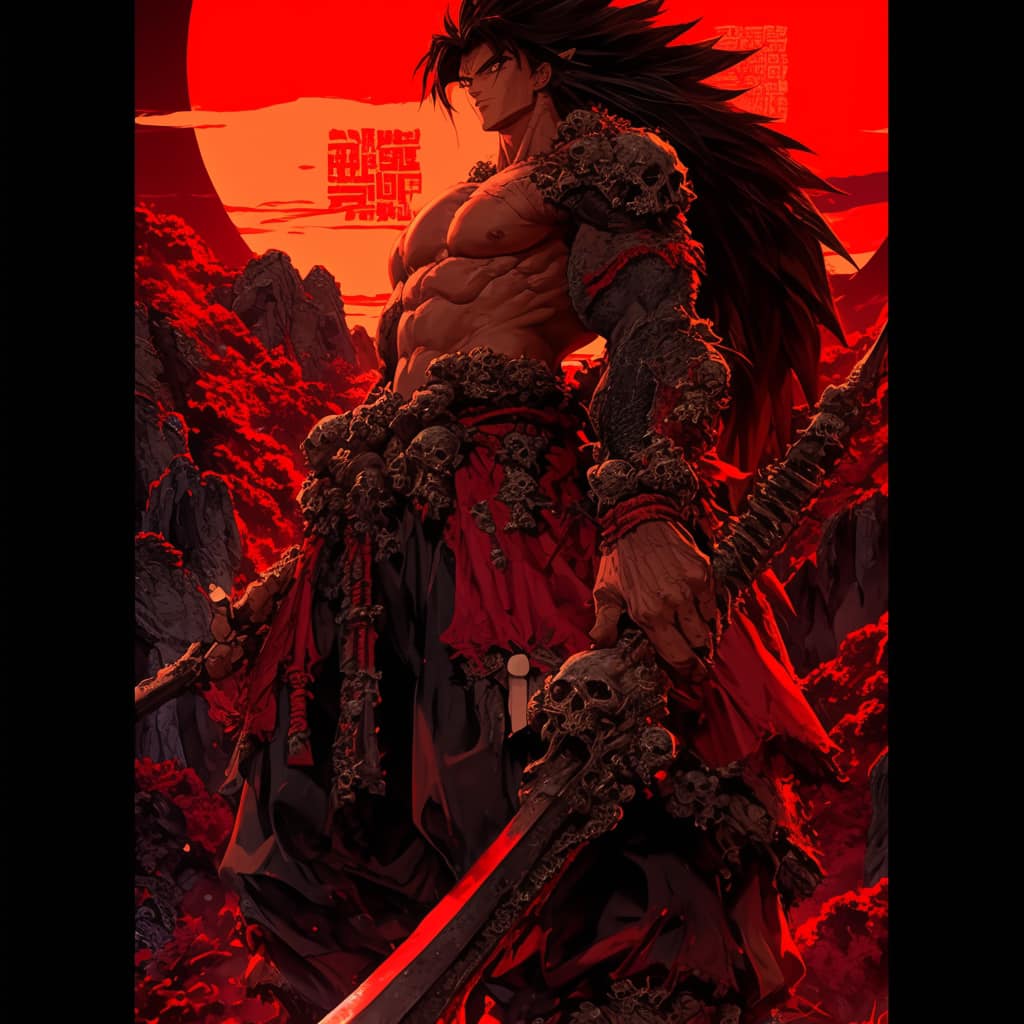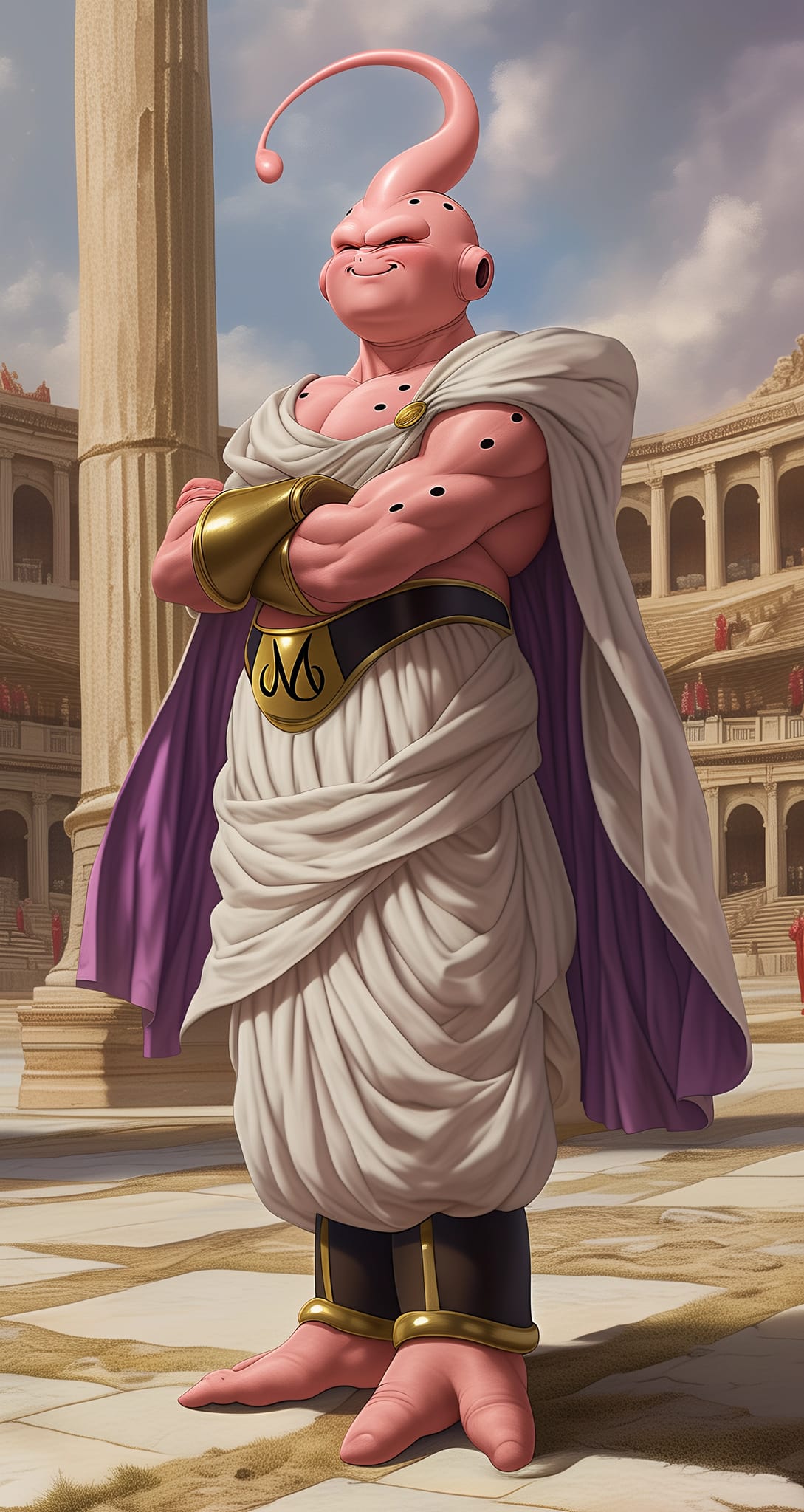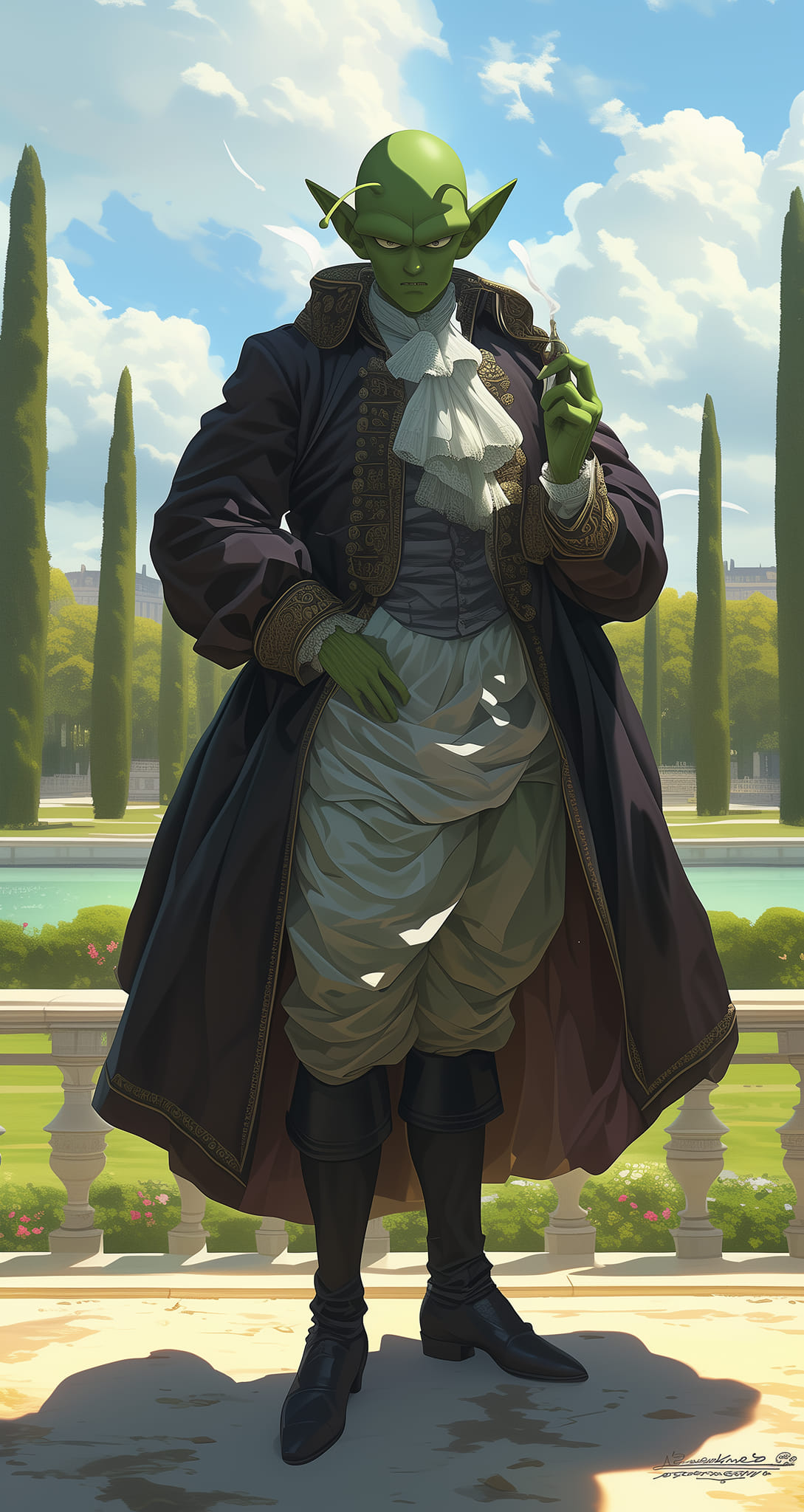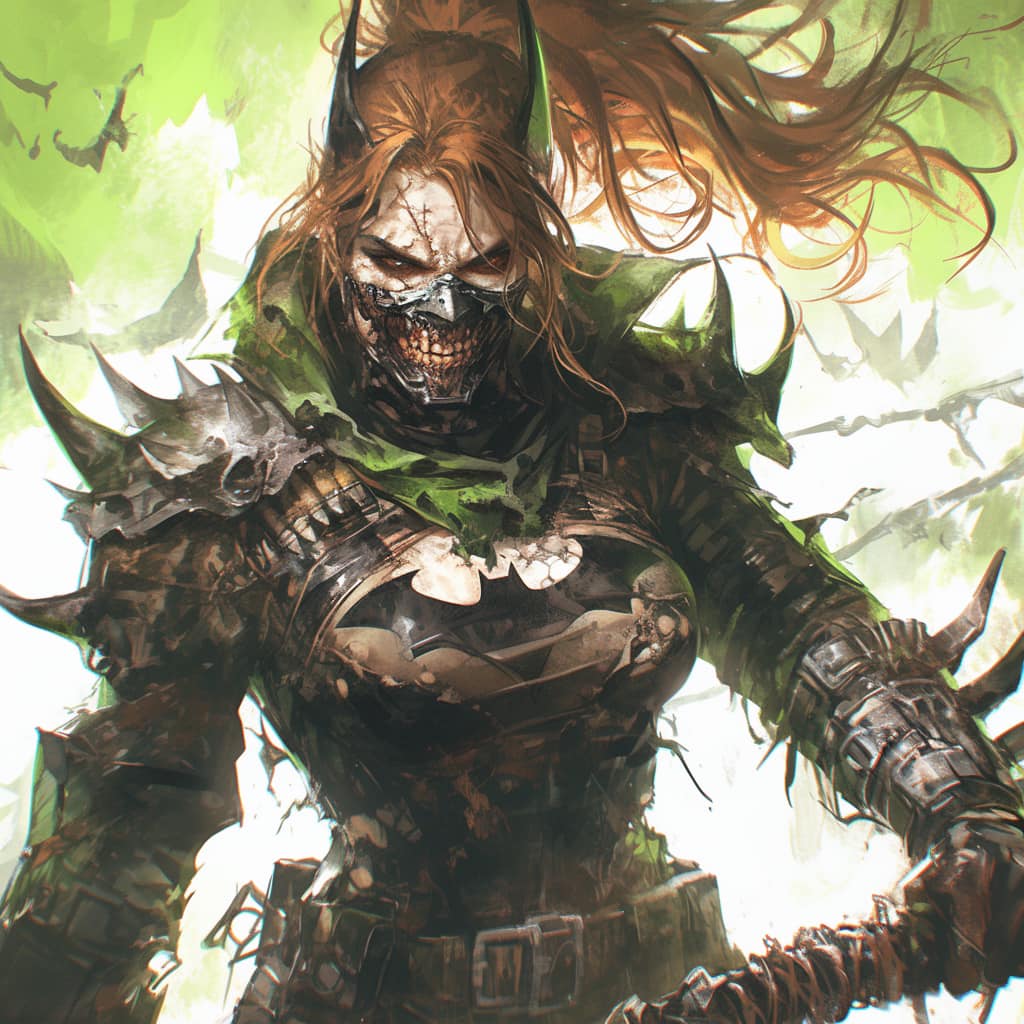Zeus | King of the Gods

“The Dice of Zeus always falls Luckily”
Zeus is the sky and thunder God in ancient Greek religion, ruling as king of the gods on Mount Olympus. His name is cognate with the first element of his Roman equivalent Jupiter His mythology and powers are similar, though not identical, to those of Indo-European deities such as Jupiter, Perkunas, Perun, Indra, Dyaus, and Zojz.
He was born to Cronus and Rhea, Titans who ruled the universe before being overthrown by Zeus and his siblings. As the supreme deity, Zeus held a powerful sway over the other gods and mortals, wielding lightning bolts as symbols of his power.
He was respected as an allfather who was chief of the gods and assigned roles to the others.

Even the gods who are not his natural children address him as Father, and all the gods rise in his presence.
Zeus was known for his tumultuous love life, famously marrying his sister Hera but also having numerous affairs and children with various goddesses and mortal women. This behaviour led to many myths, including the tale of Europa, who Zeus transformed into a bull to carry her off to Crete, and the story of Semele, who was burned to death after seeing Zeus in his true form.
What was the Battle of the Titans?

The Battle of the Titans is a story from Greek mythology that tells of a ten-year war between Zeus and his siblings (known as the Olympian gods) and their parents Cronus and Rhea (known as the Titans).
According to the myth, Cronus and Rhea had swallowed their own children to prevent them from overthrowing them, but Zeus was able to escape this fate.
There’s good reason he is King…

With the help of his siblings and allies, Zeus was able to defeat the Titans in a fierce battle, freeing his brothers and sisters and gaining control of the universe. The victory of Zeus and the Olympian gods marked a significant turning point in Greek mythology, establishing the new order of the gods and paving the way for the Golden Age of Greek culture and civilization.
The Battle of the Titans is often seen as a symbol of the triumph of order and justice over chaos and tyranny, as well as a representation of the cyclical nature of life and death. It highlights the importance of perseverance and bravery in the face of adversity, and serves as a powerful reminder of the enduring legacy of the gods in Greek mythology and culture.
“For know that no one is free, except Zeus” – Aeschylus
All of this Art was created using AI!





